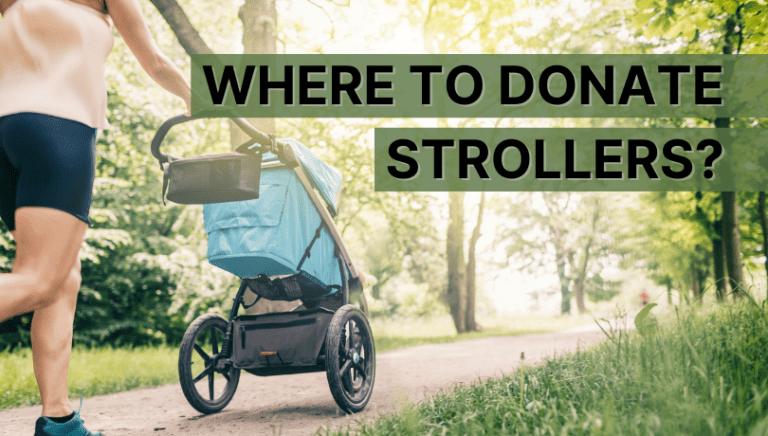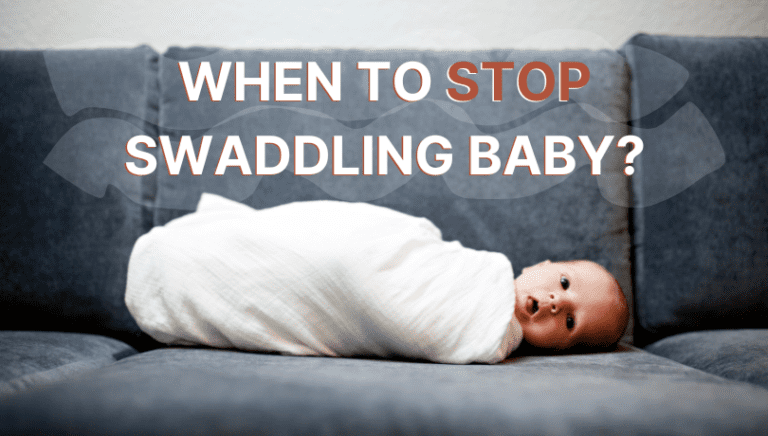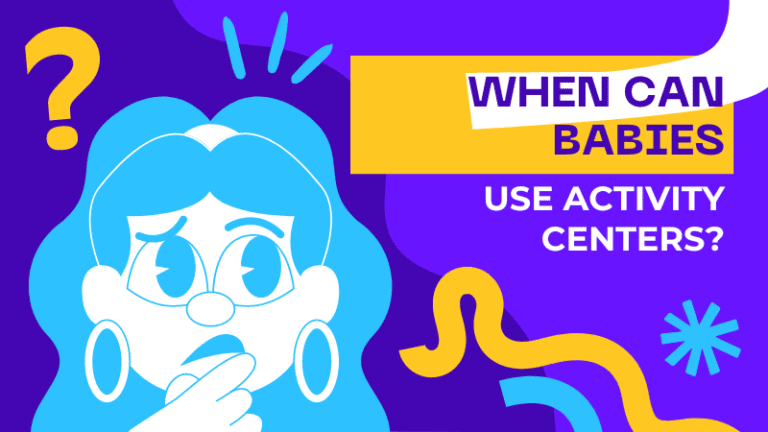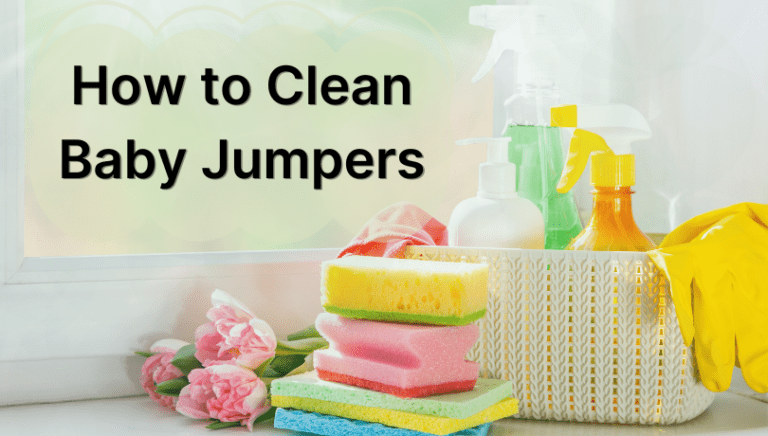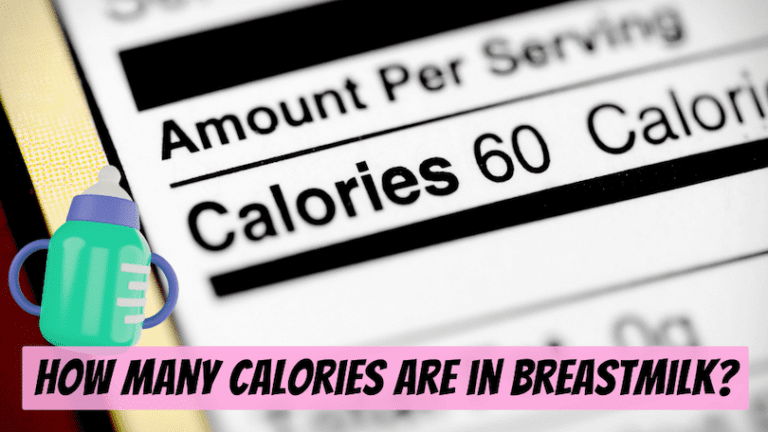Why Does My Baby Sleep Better In My Bed?
You may have been in a situation where, no matter how comfortable the crib is, your baby prefers sleeping in your bed. It’s so adorably endearing and worrying at the same time!
We know that bed-sharing is a risky business that amplifies the chance of SIDS, suffocation, and whatnot. And if you’ve been struggling to get your baby to sleep in their own sleep space, trust me, I know how tiring it can be.
That’s why I began to ask myself, well, why does my baby sleep better in my bed in the first place? Once you understand that, it’s all about replicating those same aspects in your child’s crib or bassinet.
So, let’s get to the root of it!
Table of Contents
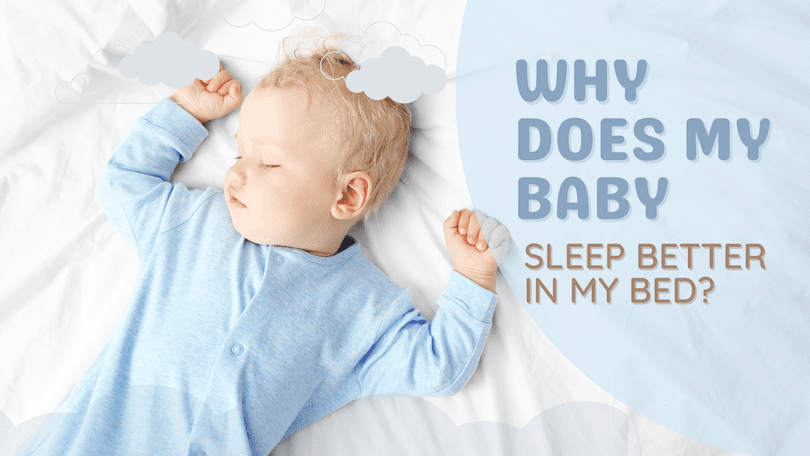
Why Do Babies Sleep Better in Their Parents’ Beds?
When you’ve tried everything and your baby still refuses to sleep in their crib, just take a step back to re-group your thoughts. Let’s figure out why babies like sleeping in parent beds, and then we can transition them out of this phase much more easily.
1. Familiar and Trusted
Did you know – a baby’s sense of smell begins developing even before they are born? That’s why they find their mother’s presence comforting and fuss when they sense unfamiliar scents.
- This is also why experts recommend skin-to-skin contact, so your baby understands your familiar presence and recognizes your calming voice.
- So, naturally, your baby finds it easier to sleep next to you because they find your “aura” soothing, lulling them into happy sleep.
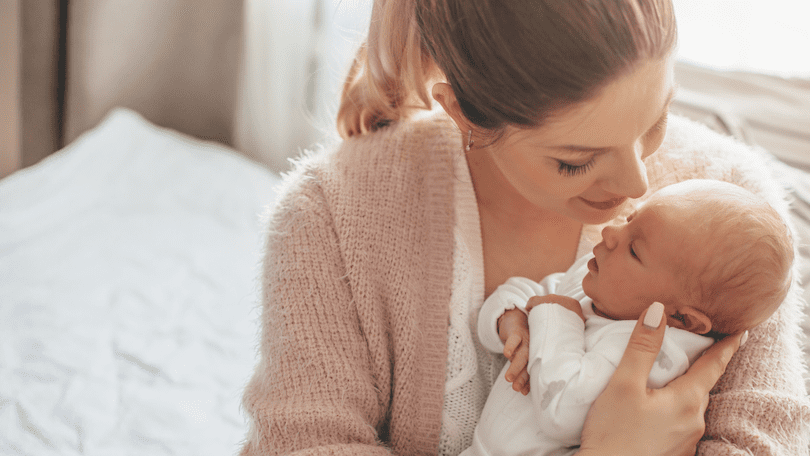
P.S.
This isn’t exclusive to mothers, by the way! My husband, Terry, loved his bonding time with the babies, and he soon became a pro at rocking them to sleep in his arms.
2. Steady Sleep Cycle
Babies feel secure and safe with their parents and sleep better as a result of that. After co-sleeping or proximity sleep, you’ll notice that your baby
- syncs to your sleep cycle and develops a circadian rhythm faster
- learns to self-soothe quicker, reducing fussiness over time
- stays more relaxed, and are happier knowing there’s a trusted person next to them.
My dad is always fond of telling this story – he was babysitting my then 9-month-old Avery, watching over her while she slept.
He would tell us how she would wake up every 20 minutes or so to look over at him. She’d check if he was still there, mouthing something, and promptly go back to sleep again.
3. Easy Breastfeeding, Less Wake-ups
“Get ready for sleepless nights!” – heard that before, dear parents? Newborns need nourishment every few hours. Therefore, nighttime feeding is all too common for new mothers.
- But, when your baby co-sleeps with you, you can breastfeed them quicker! This reduces the crying and stress of having to run over to the crib every time.
- And a full baby is a happier sleeper. As you continue this, they won’t wake as often at night, which keeps you sane too!
Breastfeeding can also reduce SIDS. It’s not mandatory, but please do try to breastfeed your children for longer to improve their health.
Breastfeeding is also great for the mother’s health. So, if you’re looking to improve your milk supply, I’d suggest pumping and breastfeeding to create an empty breast.
Ways to Co-Sleep Safely
For babies, it’s not about the bed, it’s more about them being close to you!
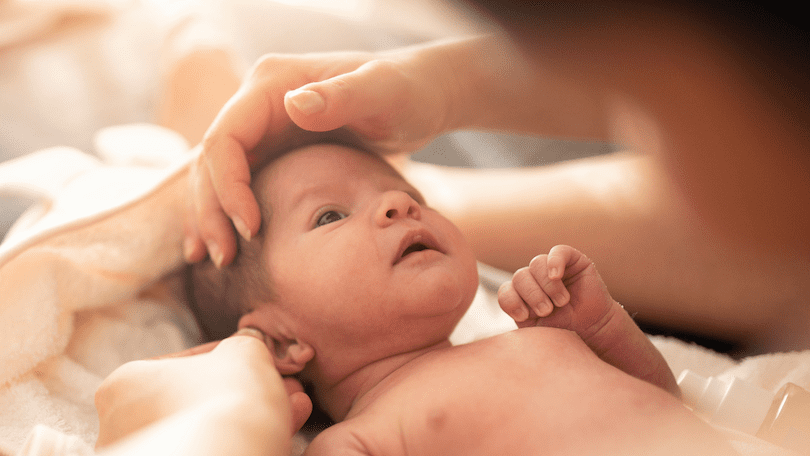
But bed-sharing can be dangerous, though. Instead, try room-sharing using a bassinet or a co-sleeper.
- Bassinets and co-sleepers are compact sleep spaces that you can use to keep your newborn or infant in your room for safe co-sleeping.
- Co-sleepers (AKA bedside bassinets) are also great for fussy babies who only sleep with their parents. They’re also useful if you’re suffering from postpartum pain, making it difficult to move around.
Important Difference to Know: Co-sleeping vs Bed-sharing
You can also look for rocking, adjustable, or more traditional bassinets and choose one that fits your needs. If you are still unsure about bassinets, or you’re having trouble with them, here are my 5 tips to get your baby to sleep in a bassinet.
Why is Bed-Sharing Risky?
When I say bed-sharing, I mean letting your baby sleep on the same adult bed or sofa-bed, right next to you. The AAP is strictly against bed-sharing because
- Babies need a firm and bare sleeping surface for safe sleep. But, your bed will always be softer than an infant’s, with extra bedding, blankets, and pillows that can accidentally suffocate your baby.
- Babies need to sleep on their own beds and have enough space to stretch or roll. But, bed-sharing will not give your babies enough space. Parents might even accidentally injure their babies in their deep sleep state.
So, please avoid bed-sharing as much as possible, and here are some safe sleep practices to follow as recommended by the AAP.
If you’re ever at a point where bed-sharing is your last resort, this article might help you: At What Age Can I Bed-Share With My Baby?
In Conclusion: Why Does My Baby Sleep Better in My Bed
It’s very moving to know that your baby feels safe and comforted in your presence, and sleeps better because of it.
All that exhaustion and anxiety disappear when your little one sleeps so lovingly, with you by their side. That’s why it helps to have healthy co-sleeping routines to ensure that both you and your baby sleep soundly.
Shower them with love, give them a relaxing bath, breastfeed them, and opt for co-sleepers or bassinets to help you during this priceless phase.
Happy parenting.

